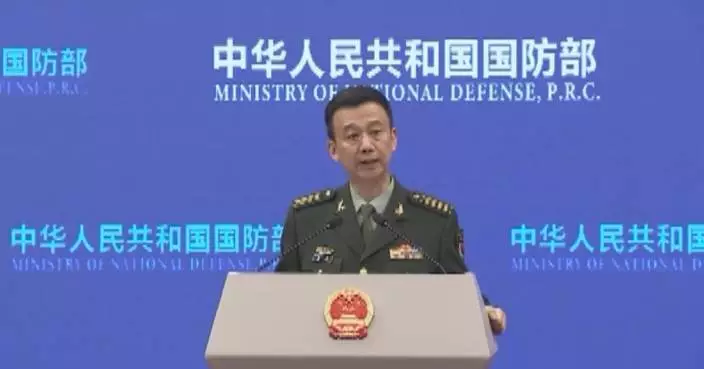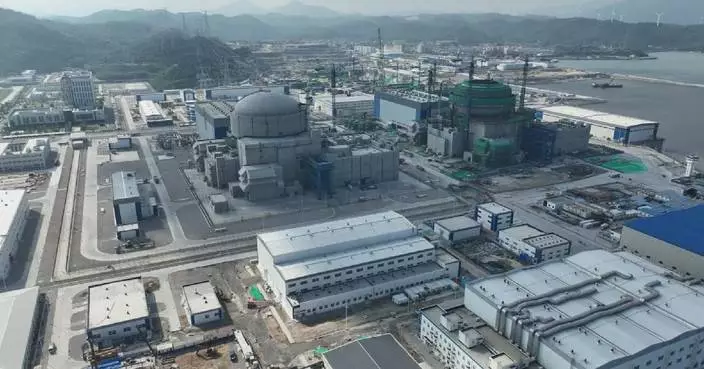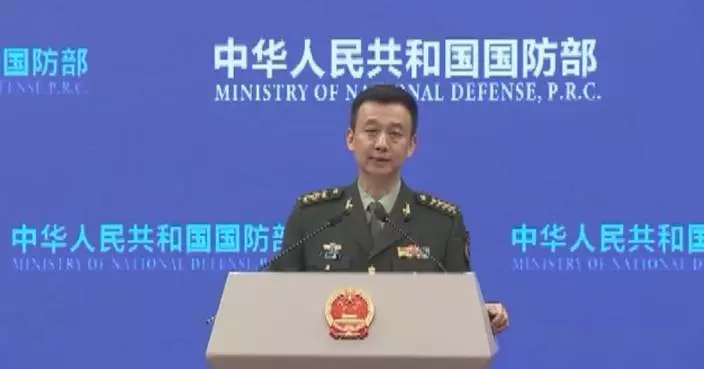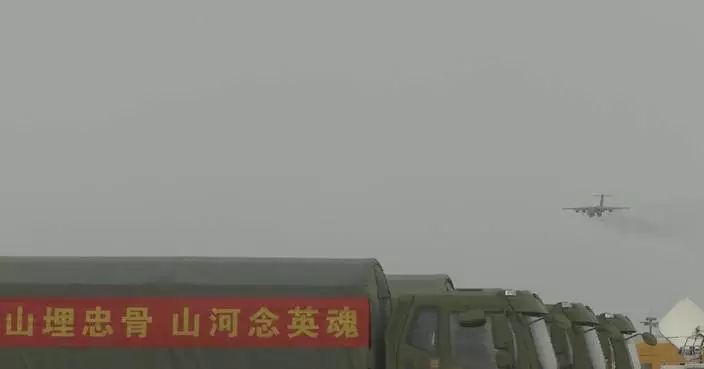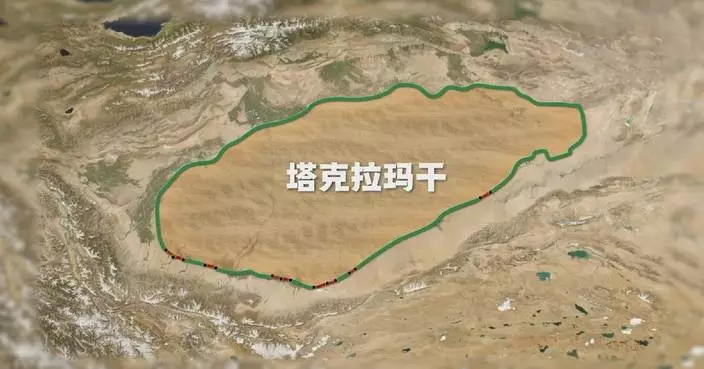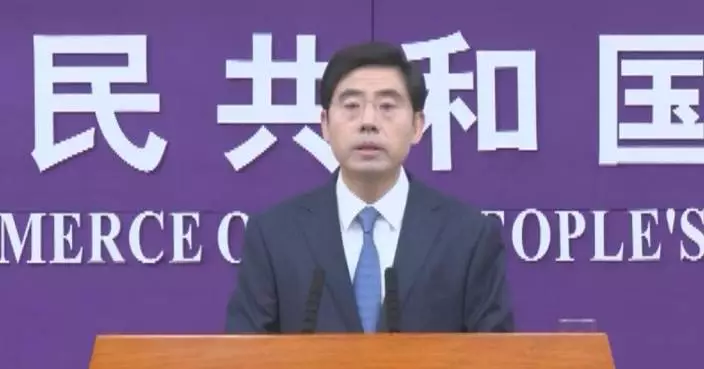Luxembourg's Deputy Prime Minister Xavier Bettel on Thursday called for closer cooperation with China in the automotive industry, during his visit to the Chinese branch of an automotive components manufacturer headquartered in Luxembourg.
Bettel, who is also Luxembourg’s Minister of Foreign Affairs and Foreign Trade, paid a visit on Thursday to Cebi Electromechanics (China) Co. Ltd. in Jiaxing City, east China's Zhejiang Province, which is wholly owned by CEBI Group, a manufacturer of actuators and car washer systems headquartered in Luxembourg.
Bettel hailed the economic and trade cooperation between China and Luxembourg during a speech at the plant.
"Just one thing, be proud of what you did. We love success stories like yours, and so, you see, Luxembourg made it happen, because we do it with others, with partners. Starting with a strong team, and afterwards, having trusted partners like here in China," he said.
Bettel is accompanied by Luxembourg's Minister of the Economy, SMEs, Energy and Tourism, Lex Delles, who told China Global Television Network (CGTN) that cooperation between China and Luxembourg was about ‘working together’.
"We had a huge business delegation exchange, like Cebi for example, which has been exchanging with China for two decades. So, we see that China is open, that Luxembourg is a very open economy, and that we have a lot of companies just working together," said Delles.
Since the EU imposed extra tariffs on Chinese-made electric vehicles, a number of European leaders have paid visits to China, including Finnish President Alexander Stubb and Slovak Prime Minister Robert Fico.
Luxembourg abstained during the European Commission's vote on imposing tariffs on Chinese EVs.
At the invitation of Chinese Foreign Minister Wang Yi, Bettel is paying a visit to the country from Sunday to Friday. He made his first stop in the Chinese capital of Beijing, where he met with Chinese Foreign Minister Wang Yi. They discussed bilateral cooperation in industrial policy, technological innovation, and ecological transition. Bettel said Luxembourg, as one of the founding members of the European Union, is willing to enhance EU-China mutual trust and promote the EU-China partnership.
He later traveled to Shanghai, where he met with some political and business leaders. Bettel's visit to Cebi's China branch is the third stop during his trip to China.
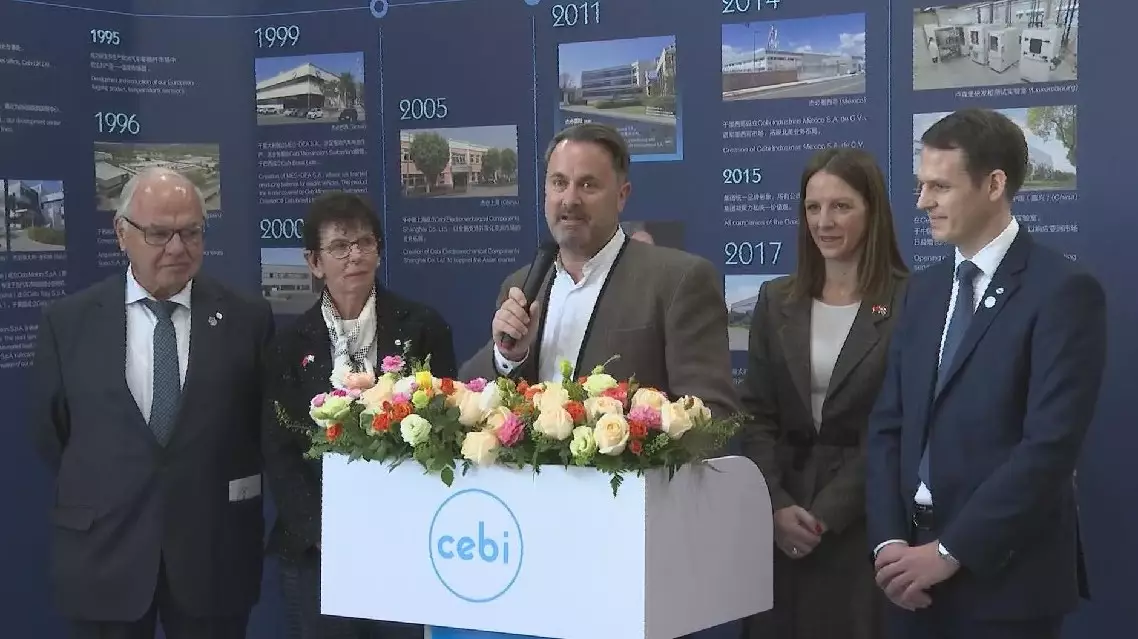
Luxembourg's Deputy PM expects to strengthen cooperation with China in automotive industry
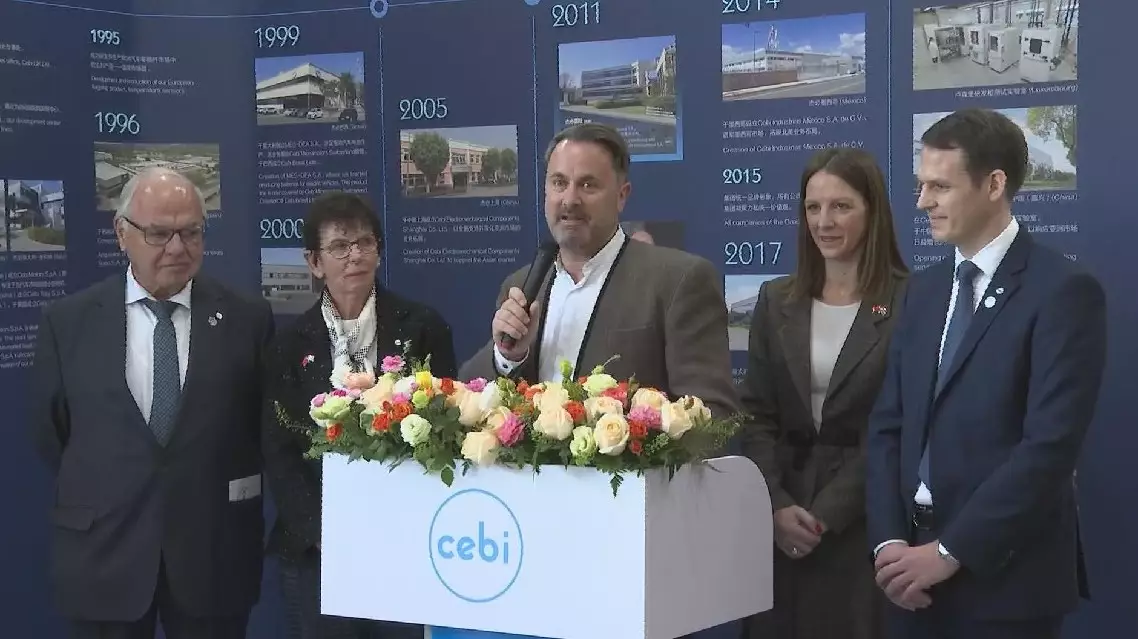
Luxembourg's Deputy PM expects to strengthen cooperation with China in automotive industry
The Chinese government issued an action plan on Wednesday to reduce logistics costs and boost economic efficiency, with the goal of lowering the ratio of social logistics costs to GDP to around 13.5 percent by 2027.
By 2027, the country expects to further optimize the structure of goods transport, and strengthen the national logistics hub system and modern logistics service network, said the plan issued by the general offices of the Communist Party of China Central Committee and the State Council.
China will further optimize its national cargo transport system, with the goal of raising the share of railway freight volume and railway freight turnover to about 11 percent and 23 percent, respectively, by 2027. Port container transport via rail and water is also expected to maintain strong growth.
"The ratio of total social logistics costs to GDP reflects both the cost efficiency of the logistics sector and the organizational quality of the industrial and supply chains. In 2023, this ratio in China was 14.4 percent. Based on China's 2023 GDP, a 0.9 percentage point decrease from 14.4 percent to 13.5 percent would cut total logistics costs by over one trillion yuan (about 138 billion U.S. dollars), generating significant corporate profits," said Lu Chengyun, deputy director of the logistics department at the Integrated Transport Research Institute of the National Development and Reform Commission.
To effectively improve logistics efficiency and cut costs, many logistics hub cities across China are introducing new initiatives, focusing on areas such as improving multimodal transport systems, establishing direct freight train services, and ensuring the open sharing and connectivity of logistics data across different platforms.
Huai'an City in east China's Jiangsu Province is home to the province's largest inland river port. This year, Huai'an Port partnered with leading global shipping companies to link domestic inland river routes with international ocean shipping lines, creating a more efficient and convenient logistics channel for import and export businesses.
"In the past, goods from inland areas were usually transported by road first and then shipped by sea. Now, the process begins with inland river transport, followed seamlessly by sea transport, which reduces the time and procedures for goods transport, cutting the average logistics cost per container by nearly 50 percent. Besides, integration and facilitation measures for customs clearance, such as direct cargo pick-up at the ship, immediate loading upon arrival at ports, and the same vessel for both domestic and international shipments, have all contributed to reducing transport time," said Yang Shan, a foreign trade staff member from a Huai'an-based shipping company.
Starting in 2024, the Hunan-Guangdong-Africa rail-sea intermodal train service, featuring shorter transport time, more stable operations, and lower costs, has begun operating on a weekly schedule. Freight trains carrying products such as new energy vehicles and machinery parts depart from Zhuzhou City in central China's Hunan Province, heading directly to Nansha Port in Guangdong Province in the south where the goods are prepared for export to Africa.
"Previously, our Hunan-Guangdong-Africa rail-sea intermodal train service didn't have a direct route. Now, with the new service, the transport time from Zhuzhou to Guangzhou has been cut from 72 hours to just 20 hours. We are also continuously optimizing rail freight costs, and through resource integration, we have reduced logistics costs by about 2,500 yuan (about 345 U.S. dollars) per container," said Zhang Jian, chairman of a Zhuzhou-based logistics company.
In Zibo City of east China's Shandong Province, real-time logistics data of bulk commodities is monitored and analyzed on trading platforms. Such platforms can monitor the status of cargo trucks throughout the entire process, from loading and transport to unloading, enabling more efficient logistics planning and cost savings.
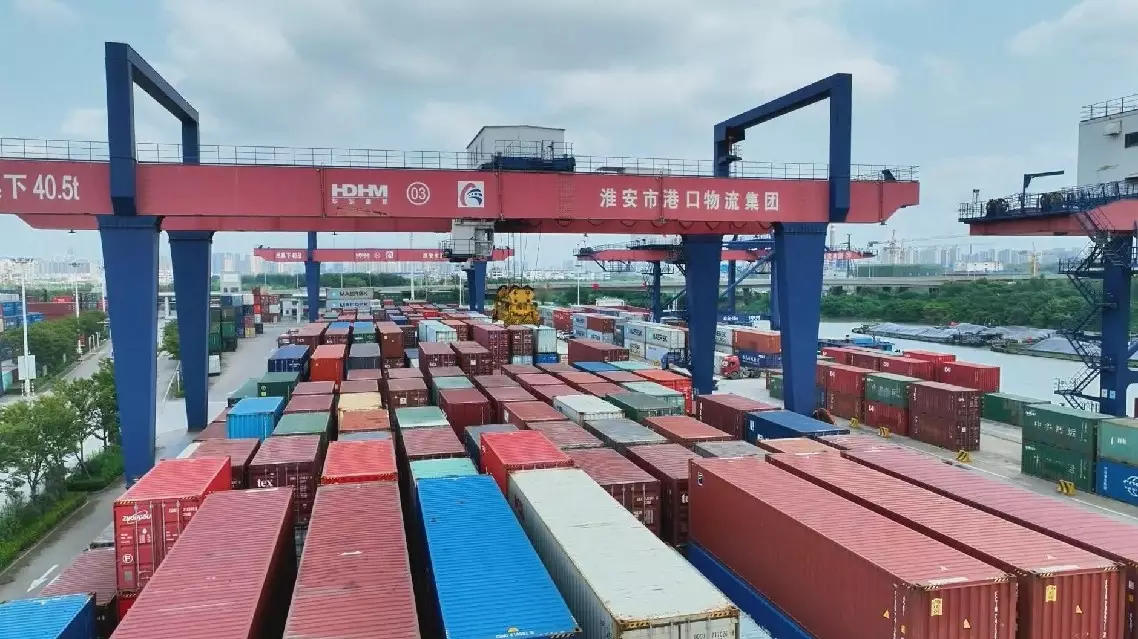
China issues action plan to cut national logistics costs





